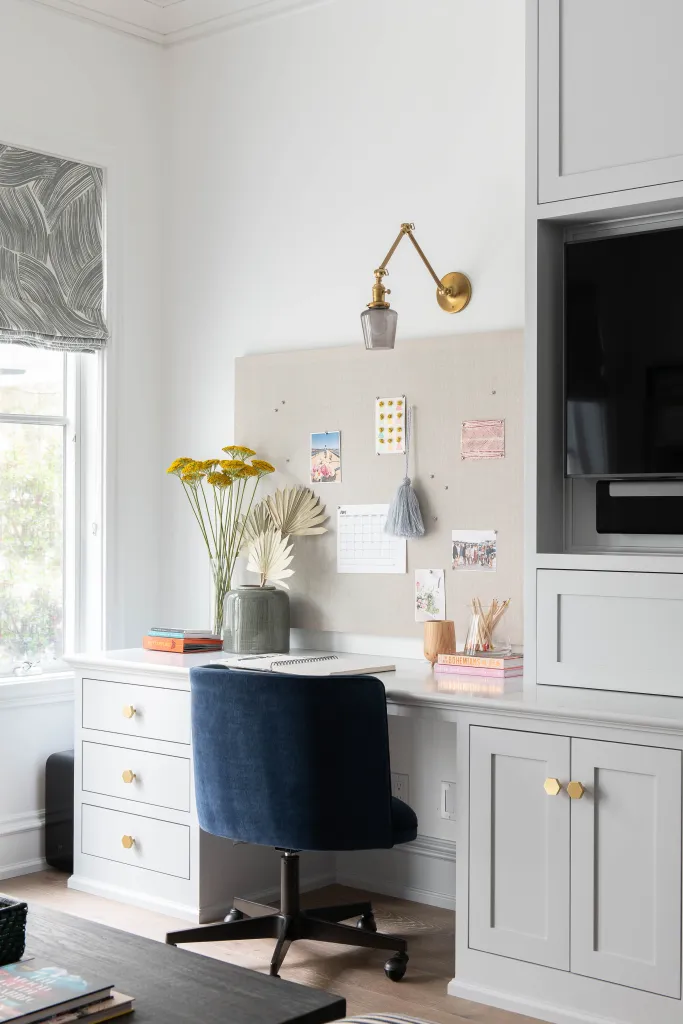After years of saving and planning, you are ready to buy your first home. However, you cannot overcome the worry and apprehension associated with such an investment. It is normal to be overwhelmed, especially when the financial and emotional stakes are so high. If you talk to many homeowners, you will realize that many have made mistakes when buying their first home. Maybe they chose a house too big for their budget, or maybe they chose a neighborhood that was not as safe as they initially thought.

Luckily, you don’t have to end up like them. With some due diligence and research, you can purchase a home that will meet your needs and not break the bank. Here are some tips to consider when buying your first home:
1. Think About Your Finances
The financial aspect of buying a home is perhaps the most significant and stressful part of the process. The first significant cost is the down payment. Before looking for a house, it is crucial to know how much money you have available for a down payment and how much you can afford in monthly mortgage payments. Since there are many loan options, consult your bank or lender to determine which works best for your situation.
Closing costs and other fees can also add up quickly. To ensure no surprises, create an estimate that includes all the costs associated with buying a house, such as title insurance, home inspection fees, and other taxes. Home maintenance costs should also be factored in when determining your budget. The price of the home is just the beginning of your expenses; you must also include money to cover repairs and upgrades over time. If you are on a budget, you can find different ways to save money on your new house.
2. Mortgage Pre-Approval

Applying for a mortgage is a process. The last thing you want is to get to the closing stages of the process and find out that you aren’t approved for a loan. To avoid this, getting pre-approved before shopping for a house is essential. This means that a lender has looked at your credit score and financial information and determined what kind of mortgage you are eligible for.
Getting pre-approved also demonstrates to sellers that you are serious about buying a home and can afford the payments. While pre approval does not guarantee that you will be approved for a loan, it does provide more reassurance when shopping for a home. Before you request a mortgage pre approval, make sure that you are aware of your credit score and understand the type of loan you would like. This will help make the process smoother.
3. Do Research On Local Neighborhoods
If you are buying a home in a new state you don’t know well, you should devote plenty of time researching neighborhoods. Start by reading online reviews, talking to locals, and visiting the area at different times. Check out local amenities such as parks, schools, shopping centers, and public transportation to get an idea of what it will be like living in that particular neighborhood. It is also a good idea to ask about the area’s crime rate and average rental rates.
If possible, speak with current homeowners to get an inside look at what it is like to live there. They can provide invaluable insight and information about the neighborhood you won’t find through research alone.
4. Get a Home Inspection

Imagine spending your life savings on a home only to discover that it has major structural issues. You are left with a mortgage that you cannot afford and a house that needs thousands of dollars in repairs.
This is why it is essential to get an independent home inspection before buying a house.
A professional should be able to look at the property and provide a report on its condition. It is a critical consideration for those buying an older home in Missouri or any other state, as these tend to have more issues than newer homes. The inspection should assess the home’s electrical, plumbing, HVAC, and other systems. The inspector should also note any signs of structural damage, mold, or pests. An inspection can help uncover hidden problems that are not visible to the naked eye and provide peace of mind for potential buyers.
5. The Market
The real estate market is quite dynamic and ever-changing. Understanding how the market works when searching for a home is important, as this will help you make informed decisions about your purchase.
Keep an eye on the news and research current trends in your area. Knowing what homes are selling for can also help you make an educated decision on the price of the house you want to buy.
When shopping for a home, look at other listings in the area. This will give you an idea of what comparable homes are selling for and help ensure you don’t pay too much. Comparing different neighborhoods can also be helpful when making your decision.
6. Closing Stages

As exciting as it can be, closing a home can also be stressful. Knowing what to expect during the closing process is important. For starters, you should prepare for a home inspection, appraisal, and mortgage application. Check with your lender to determine what documents you will need for the closing. These can include proof of homeowners insurance, a property survey, and any other paperwork required by your state or local laws.
You should also speak with your real estate attorney who can provide guidance throughout the process. This is especially important if there are issues with the house that could affect the title or the closing process. Be sure to review all legal documents carefully before signing them so that you understand exactly what rights and responsibilities you have as the new homeowner. Once everything is finalized, it’s time to move in and make your house a home.
To ensure the home-buying process runs as smoothly as possible, it is important to understand all the steps involved in buying a home and take your time when making decisions. From researching neighborhoods and getting pre-approved for a mortgage to having the home inspected, completing these necessary steps can help you buy a house confidently. With the proper preparation and research, you can ensure that your purchase is a success.
Thanks to faithfulhomebuyerskc.com for consulting.
Leave a Reply